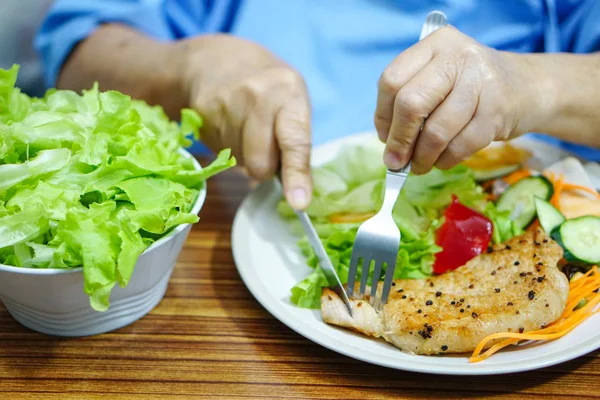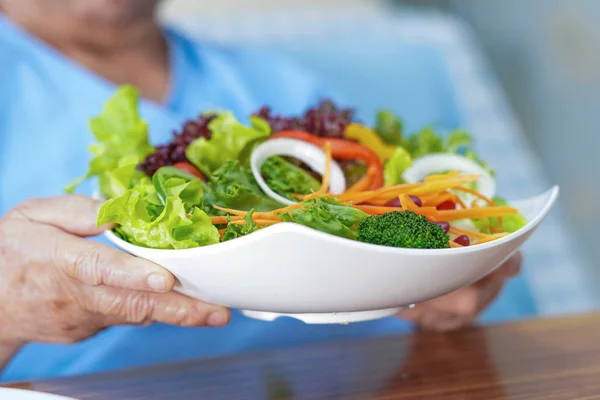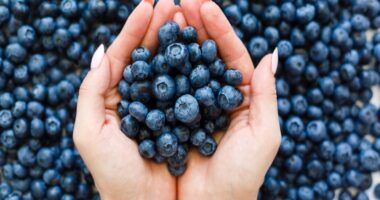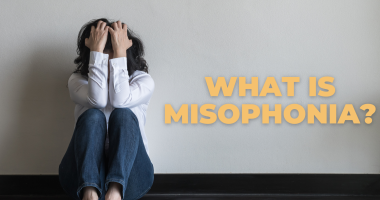Osteoporosis is a silent but serious condition that affects millions of women after menopause, weakening bones and increasing the risk of fractures. The good news is that certain foods can help combat this condition and support strong, healthy bones. This article outlines what osteoporosis is, its causes, and four doctor-approved foods that can make a real difference in bone health after menopause.

What Is Osteoporosis?
Osteoporosis is a systemic skeletal disease characterized by low bone mass and deterioration of bone tissue, leading to increased fragility and a higher risk of fractures, especially in the hip, spine, and wrist. After menopause, women are particularly vulnerable because the drop in estrogen accelerates bone loss, making bones more porous and prone to breakage. This condition is not just a natural part of aging; it can be managed and even prevented with the right lifestyle choices.
What Causes Osteoporosis?
The main driver of osteoporosis in postmenopausal women is estrogen deficiency, which disrupts the balance between bone formation and resorption. Osteoporosis develops when the body either doesn’t receive enough calcium and vitamin D or experiences the natural bone loss that comes with aging, explains Dr. Raj Dasgupta, Chief Medical Advisor for Sleepopolis. Essentially, when calcium intake is insufficient, the body compensates by extracting calcium from the bones, which makes them weaker over time. Other risk factors include a family history of osteoporosis, a thin or small body frame, a diet low in calcium and vitamin D, being underweight, a sedentary lifestyle, tobacco use, early menopause, and excessive alcohol consumption. Certain medications, such as steroids, can also contribute to bone loss over time.
4 Foods to Eat to Combat Osteoporosis

Canned Sardines: The Bone-Boosting Superfood
Canned sardines are a powerhouse for bone health, packed with calcium, vitamin D, phosphorus, and vitamin B12. These nutrients work together to strengthen bones and support nerve function. For example, vitamin D helps the body absorb calcium, while phosphorus is essential for bone structure. Eating sardines regularly can help fill nutritional gaps that often occur after menopause, especially for those who do not consume dairy products.
Leafy Greens: Nature’s Calcium and Magnesium Source
Leafy greens such as kale, spinach, collard greens, and Swiss chard are rich in calcium, magnesium, potassium, and vitamin K. Magnesium supports bone structure and helps activate vitamin D, which is crucial for calcium absorption. Potassium helps maintain the body’s acid-base balance, reducing bone mineral loss. Greens also contain antioxidants and phytonutrients that fight inflammation, a known contributor to bone loss. Adding a variety of leafy greens to meals can significantly boost bone density and overall bone health.
Yogurt: A Probiotic-Rich Calcium Source
Yogurt is an excellent source of calcium, potassium, magnesium, phosphorus, zinc, and selenium, with a higher proportion of these minerals being bioavailable compared to milk. The probiotics in yogurt may also help reduce bone resorption, supporting bone strength. While yogurt alone may not prevent fractures, it is a valuable part of a bone-healthy diet, especially when combined with other calcium-rich foods.
Prunes: The Surprising Bone Protector
Prunes are not just for digestion—they are also effective in preventing and reversing bone loss in postmenopausal women. Studies show that consuming 50 to 100 grams of prunes daily can help maintain bone density and prevent osteopenia, a precursor to osteoporosis. Prunes are rich in vitamin K, which is important for bone health, and their antioxidant properties may help protect bones from oxidative stress.
The Bottom Line on Foods to Combat Osteoporosis
Incorporating these four foods—canned sardines, leafy greens, yogurt, and prunes—into a balanced diet can help women after menopause maintain strong bones and reduce the risk of osteoporosis. Each food offers unique nutrients that support bone health, from calcium and vitamin D to magnesium, potassium, and vitamin K. Regular consumption, combined with weight-bearing exercise and a healthy lifestyle, can make a significant difference in bone strength and overall well-being.
Canned sardines: High in calcium, vitamin D, phosphorus, and B12
Leafy greens: Rich in calcium, magnesium, potassium, and vitamin K
Yogurt: Excellent source of bioavailable calcium and probiotics
Prunes: Effective in preventing bone loss and supporting bone density
Making these foods a regular part of meals is a practical and effective way to support bone health after menopause.
Also Read | Going Gray Hair May Protect Against Cancer: Here’s What New Research Says










